Candid Photos with Famous People by the Unofficial Inventor of the Selfie
Photographer and philanthropist Jean “Johnny” Pigozzi was a student at Harvard University in 1973 when he spotted actress Faye Dunaway at a party and asked to take a picture with her. “Every year the Hasty Pudding, a Harvard theater club, invites a famous movie star [to visit],” Pigozzi explained to VICE. “Everyone wanted an autograph, but I felt autographs can be fake.”
So when Dunaway said yes to a photo, Pigozzi did something extraordinary (for the time). He stood beside her, held his arm forward, pointed the camera back at the two of them, and pressed the button—snapping a selfie with a celebrity decades before the invention of Instagram. “Now, you have an iPhone and a screen and you can look at yourself and take many photographs. But when I started doing selfies, I only had the chance to take one picture, so I had to get it right,” Pigozzi said.
After college, Pigozzi became an insider in a rarefied world. In 1974, he exhibited photographs in the Musée d’Art Moderne in Paris. Soon after, his close friend Bianca Jagger helped him land a small part in a film (though it was never released). One night, Jagger invited Pigozzi to an intimate dinner with Liza Minelli, who told him about a new nightclub in New York called Studio 54. Nights at the club yielded selfies with celebrities like Grace Jones, Andy Warhol, Helmut Newton, and Ai Weiwei. Then in the 80s, Pigozzi began throwing lavish pool parties at his house in Cannes and turned his lens on his guests, capturing candid moments between famous friends.
Ahead of an exhibition of Pigozzi’s work at IMMAGIS Fine Art Photography in Munich from June 22 to August 4, VICE caught up with the photographer to gripe about modern selfie culture and chat about using a camera to collect mementos of his glamorous life.
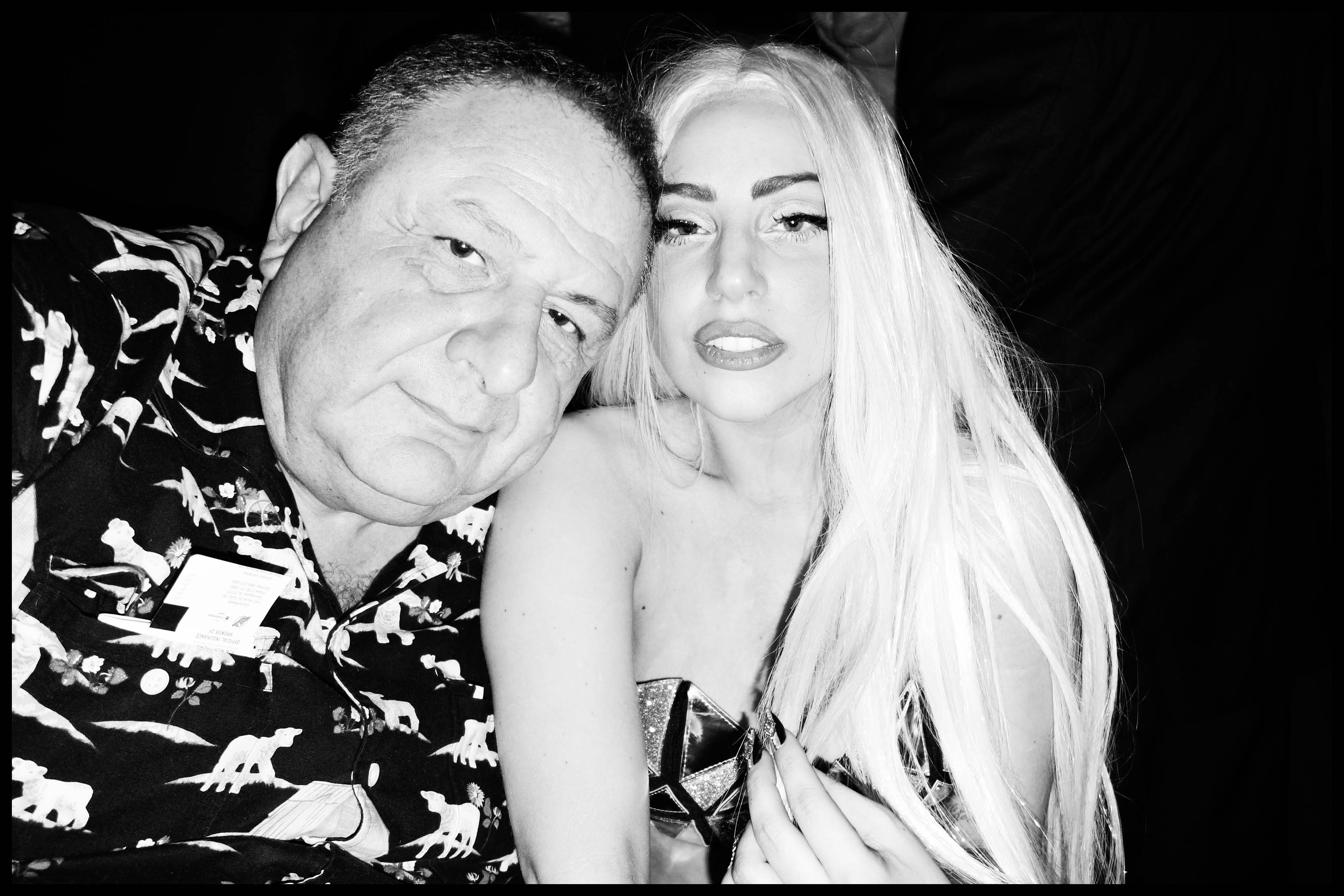
How did you get into photography?
When I was a little kid I wanted to keep a journal, but I could never read what I wrote, because my handwriting is horrible and I am also dyslexic. So my father got me a little Brownie camera. Then when I was ten, he gave me a very old Leica, and I started using that. My father died when I was 12, and I got a better camera. I have been taking pictures every day since, and now I am 66. To my astonishment, I still like it.
How did people react when you asked to take a selfie with them?
They didn’t really understand what I was doing. I did it really quickly and only took one picture so there was no real reaction. In those days, people were doing self-portraits but they were doing it very organized, in a studio. Painters and sculptors have been doing it for centuries, but doing it with a camera was new.
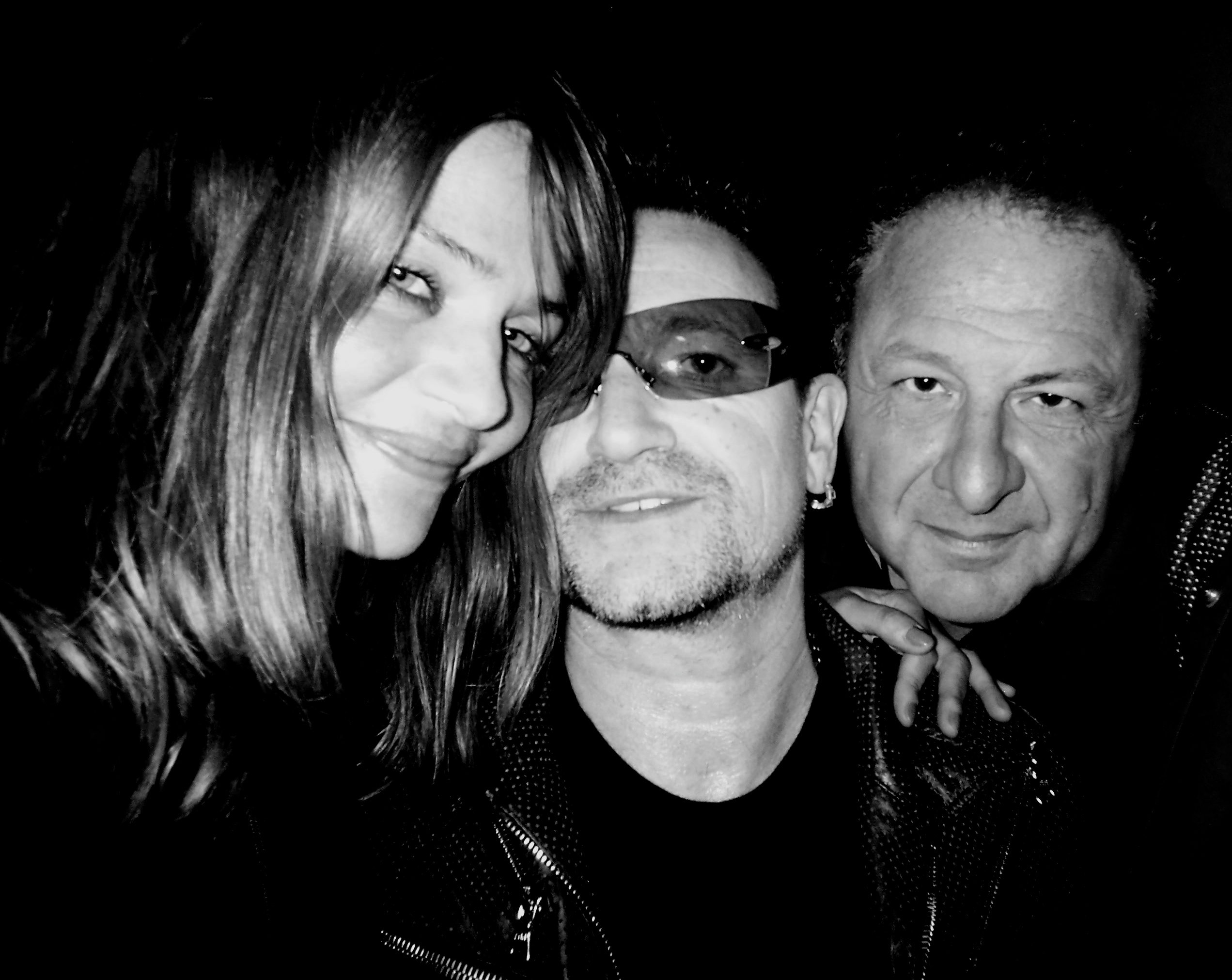
Can you describe New York nightlife in the 1980s, when many of these photos were made?
I went to Studio 54 and I must tell you—I have been to a million nightclubs in my life, and that was by far the most fun, exciting, crazy nightclub I have ever seen. Before that clubs were dark places with a single light bulb. Depressing, OK? And [Studio 54] was huge and had fantastic music. They had millions of people, from nuns on roller skates to Calvin Klein and Iman.
There was no VIP section, which was great. One evening, you could be sitting next to five guys from New Jersey with their really tacky girlfriends, and the next evening, you could be sitting next to Andy Warhol and some really glamorous people. Steve Rubell sat at the door and decided who would come in. He was so good at mixing the crowd—it was like a guy casting for a movie.
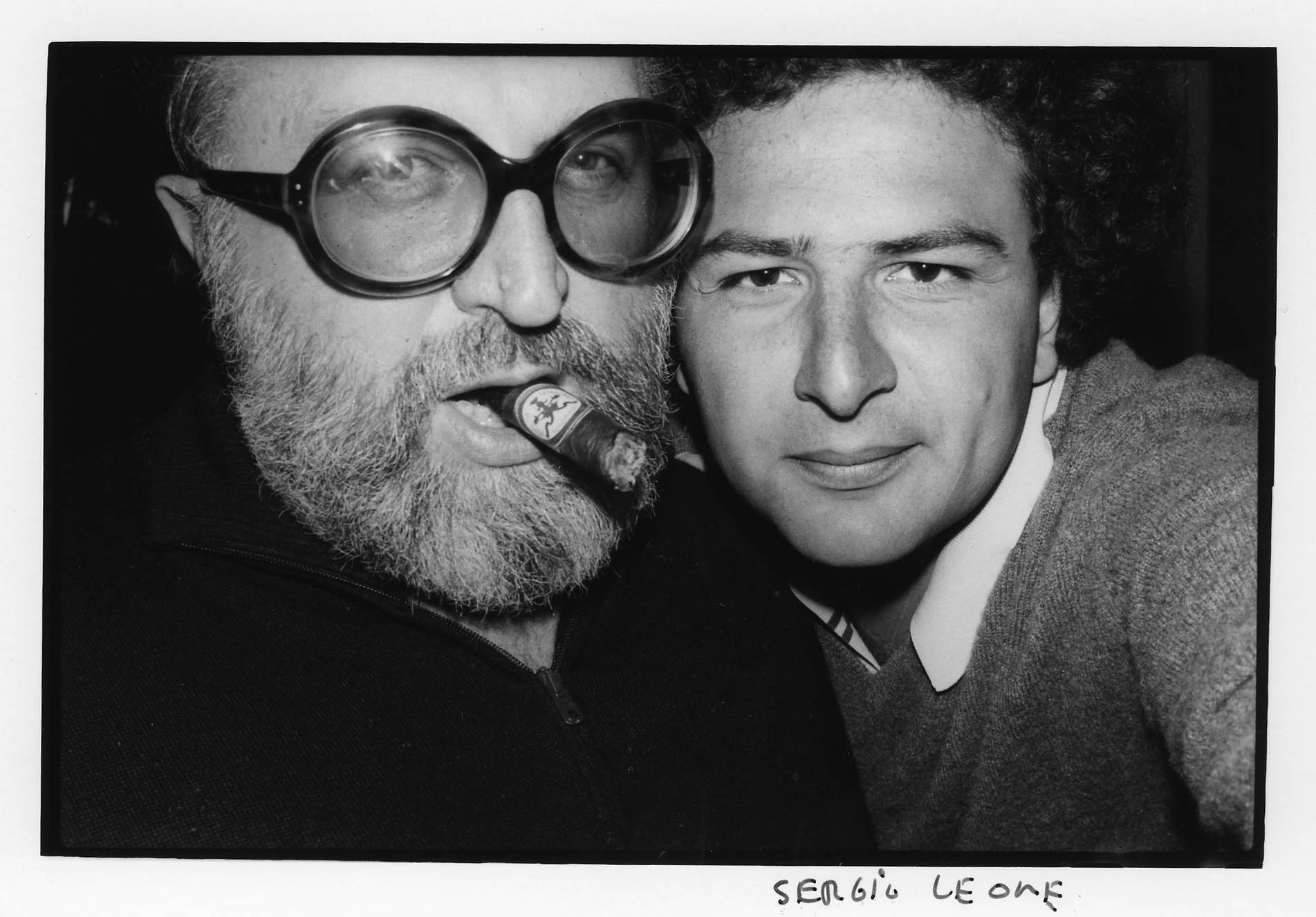
What are some of your favourite moments making these photos?
The high I get is when I am pressing the button. The result after, not really—except when I make a beautiful, big print and I see it in a museum or a gallery. I am definitely not interested in looking at my pictures and I am not interested in editing them down. Now that you have a screen on the camera, you know if the pictures are good or not, although I often don’t look.
Have any of the people in the photographs seen the work, and what is their response?
Yes, they have seen it and some people even buy the photograph of themselves. I had a show two years ago at the Gagosian Gallery in New York and we sold out all the photographs. They don’t usually tell you who buys them, but they said, “Oh a friend of yours bought it.” Then I would go to [the friend’s] house and see my picture on the wall. I guess people can’t resist seeing themselves in a photograph.
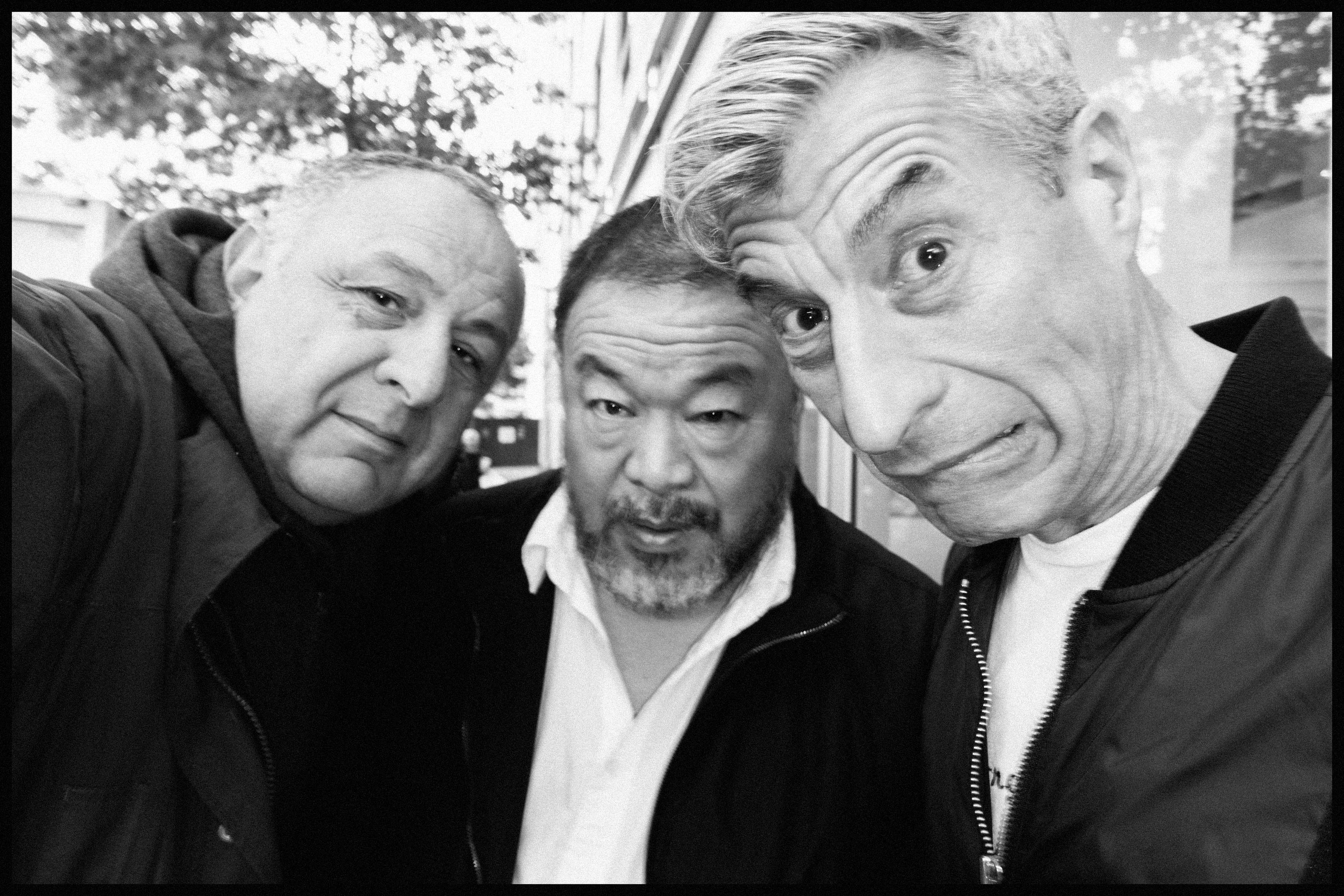
Is there a selfie subject who “got away?”
There are pictures I would like to have, like Stanley Kubrick and Picasso. There are a million people I admire and would like to have a picture with, but I don’t really make an effort. I’m not like a groupie who stands in line for five hours in the rain to get a picture with Slash from Guns N’ Roses.
There is a limit to my groupie-ness. If they happen to stand in front of me, I am going to take a picture. What is funny now is people come to me and ask, “Jean, why do you not take a picture with me? Am I not good enough?”
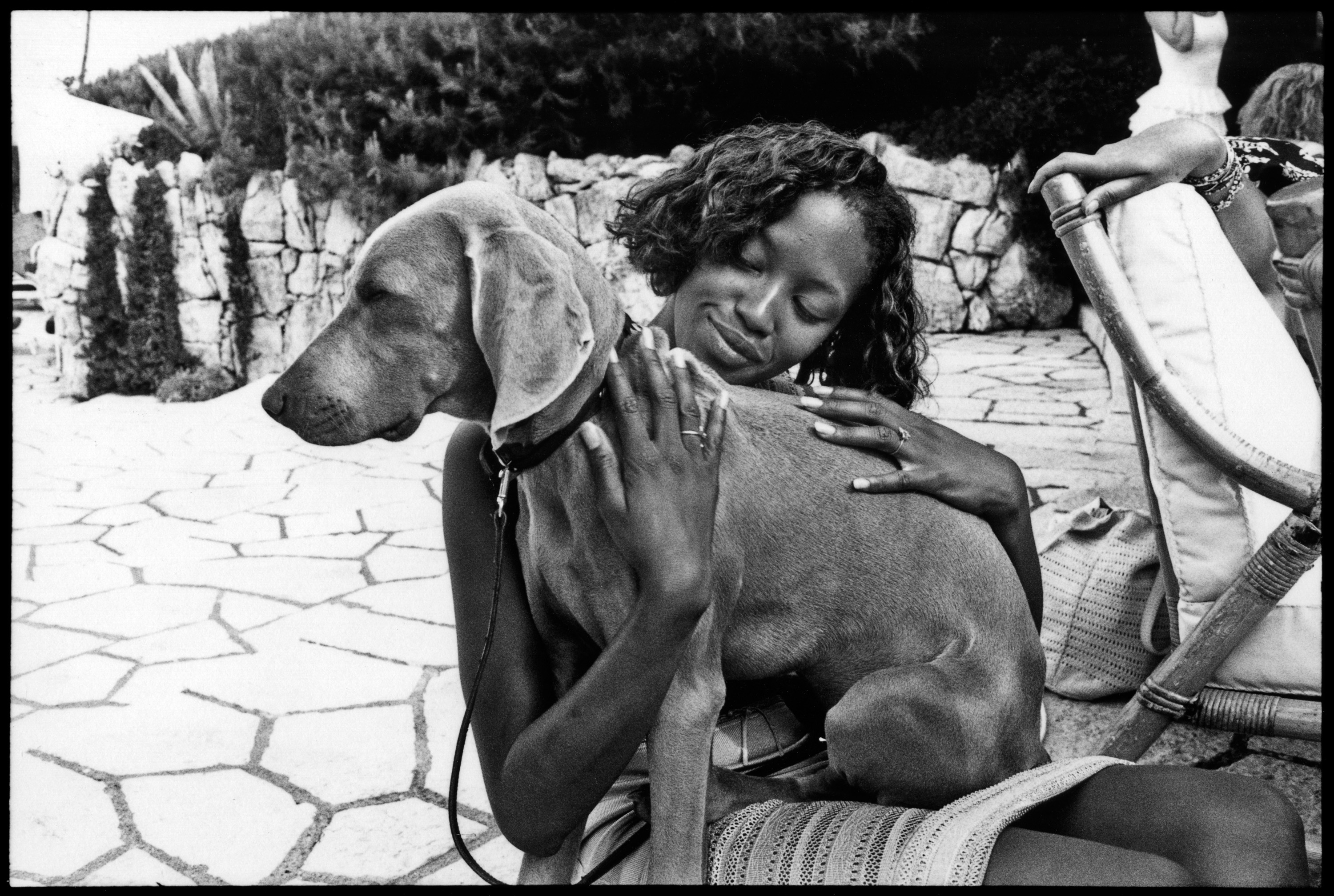
Can you describe the scene at Villa Dorane where the Pool Party series was made?
I have a house in the South of France, and every year I give a party during the Cannes Film Festival, but it is a party for my friends. I am not pushing a movie or an actor. It is super relaxed. The girls are not wearing high heels or tight dresses. The guys are not in tuxedos that are too small. Over the years, incredible people have come. Usually it is a sunny day and people are hanging out, so that is why I can take pictures.
I will never take pictures where they are doing something embarrassing or look bad. The paparazzi try to steal pictures, and they are often rude. I don’t publish my pictures in People magazine. Celebrities trust me, so they don’t put on a fake smile. Some of them I have known for years, like Bono or Michael Douglas.
About three or four years ago, I decided to do a book. It’s a very happy book. The funny thing is all of the photographs in the book are taken in a place that is smaller than a tennis court. It’s like you do a movie in the lobby of the Carlyle. Visually, it’s interesting. It’s only in one place but every picture is different.
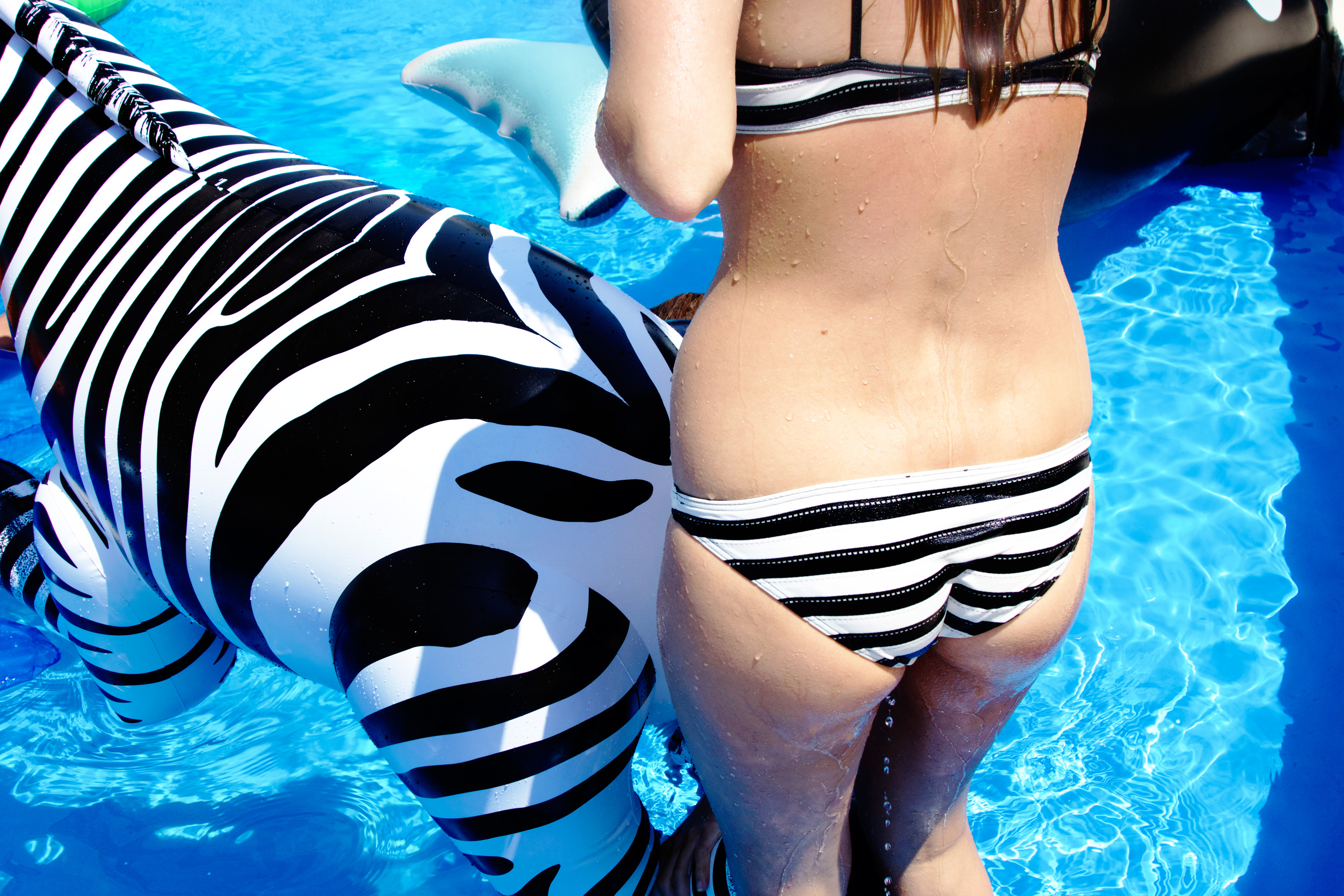
Are you still making selfies?
Absolutely. I do fewer because I got a bit bored, but if I find someone that I am really excited about… I was in Japan and did Murakami. Now, people ask me to do them. They come up to me with their iPhone and they want me to make an iPhone picture with them. With my own phone, never; I use a Leica camera.
Why do you think selfies are so appealing to people today?
Now, it is a “me me me” culture. It’s a bizarre thing in terms of promoting yourself, which is a completely new phenomenon because you couldn’t do that before. If you go to anyone’s Instagram, 90 percent of their pictures are of them, their kids, what they eat, or what they wear. I don’t find that immensely interesting, but people think that they, themselves are fascinating.
I always thought of it as a joke—my selfies were not to be taken seriously. But I see people taking selfies and it takes them hours to do it. They are trying to show they went to Miami, Aspen, LA; they are eating expensive sushi and wearing the new Balenciaga. It’s a weird cult of yourself, which I find very odd.
Anyone can take a pencil and a white piece of paper and make a drawing, but very few people can draw like Picasso or Matisse. So now everyone has an iPhone and they are snapping pictures all day long but it doesn’t mean that they are good photographers. Everyone has the same instruments but how you use them—that’s the big difference.
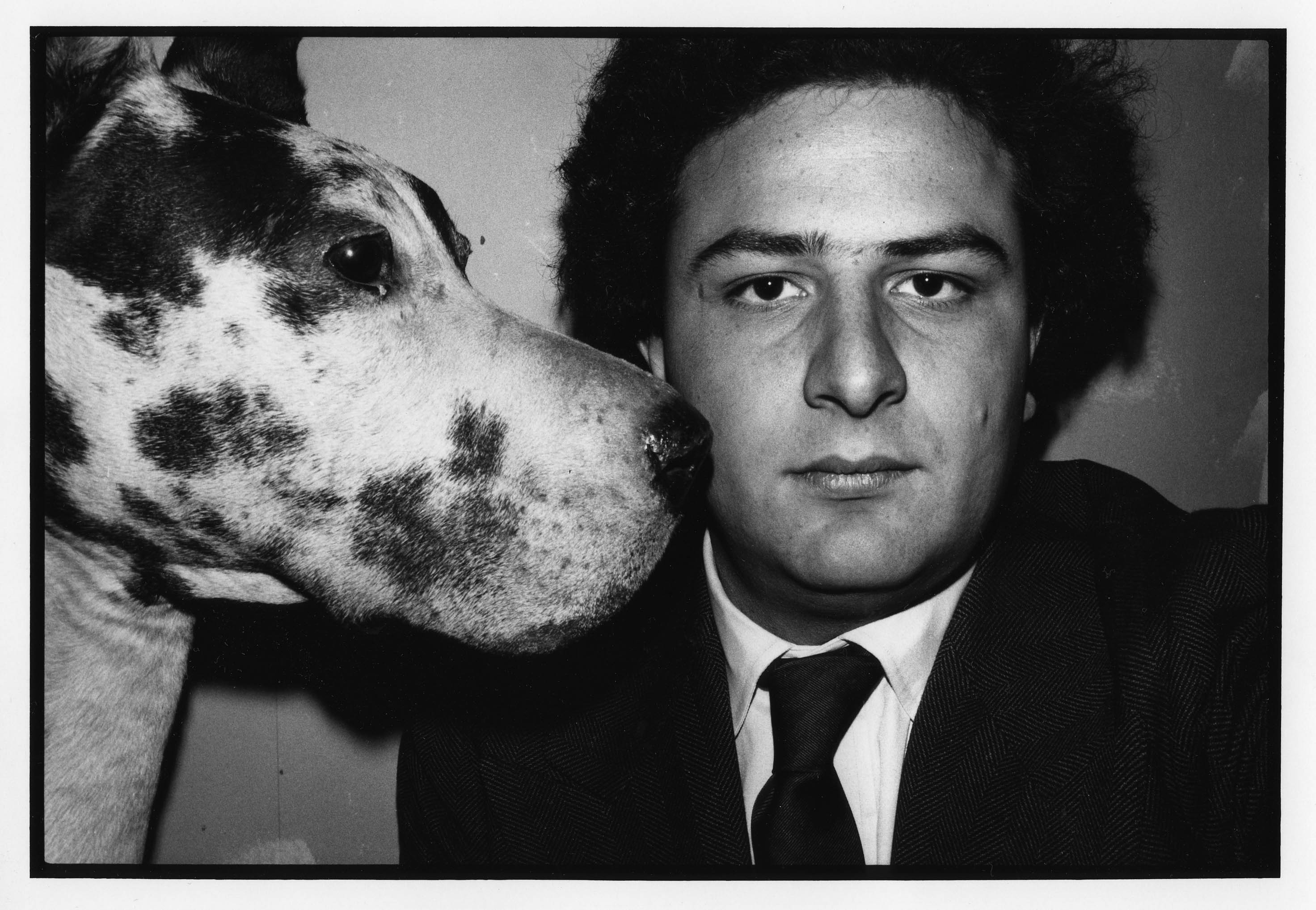
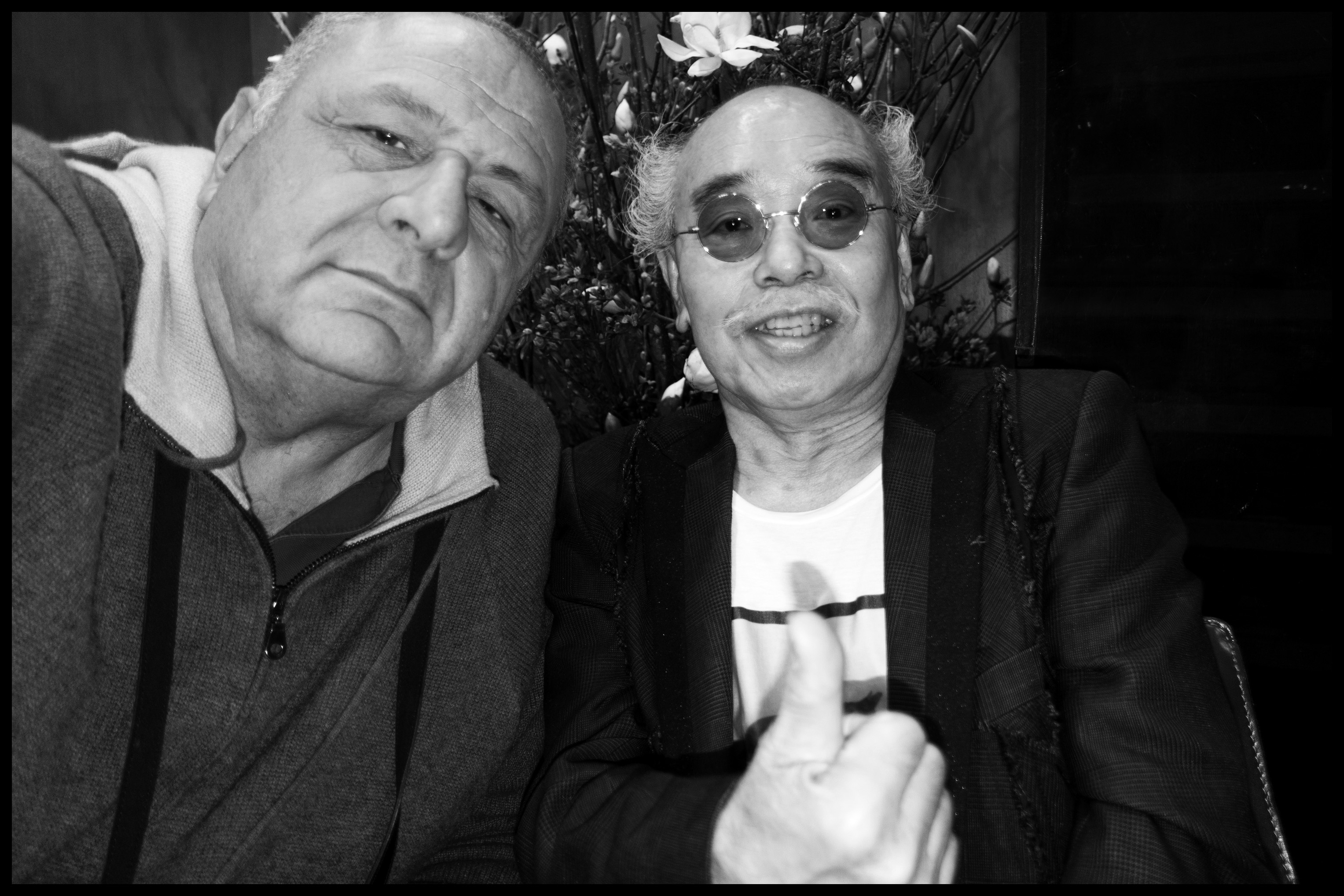
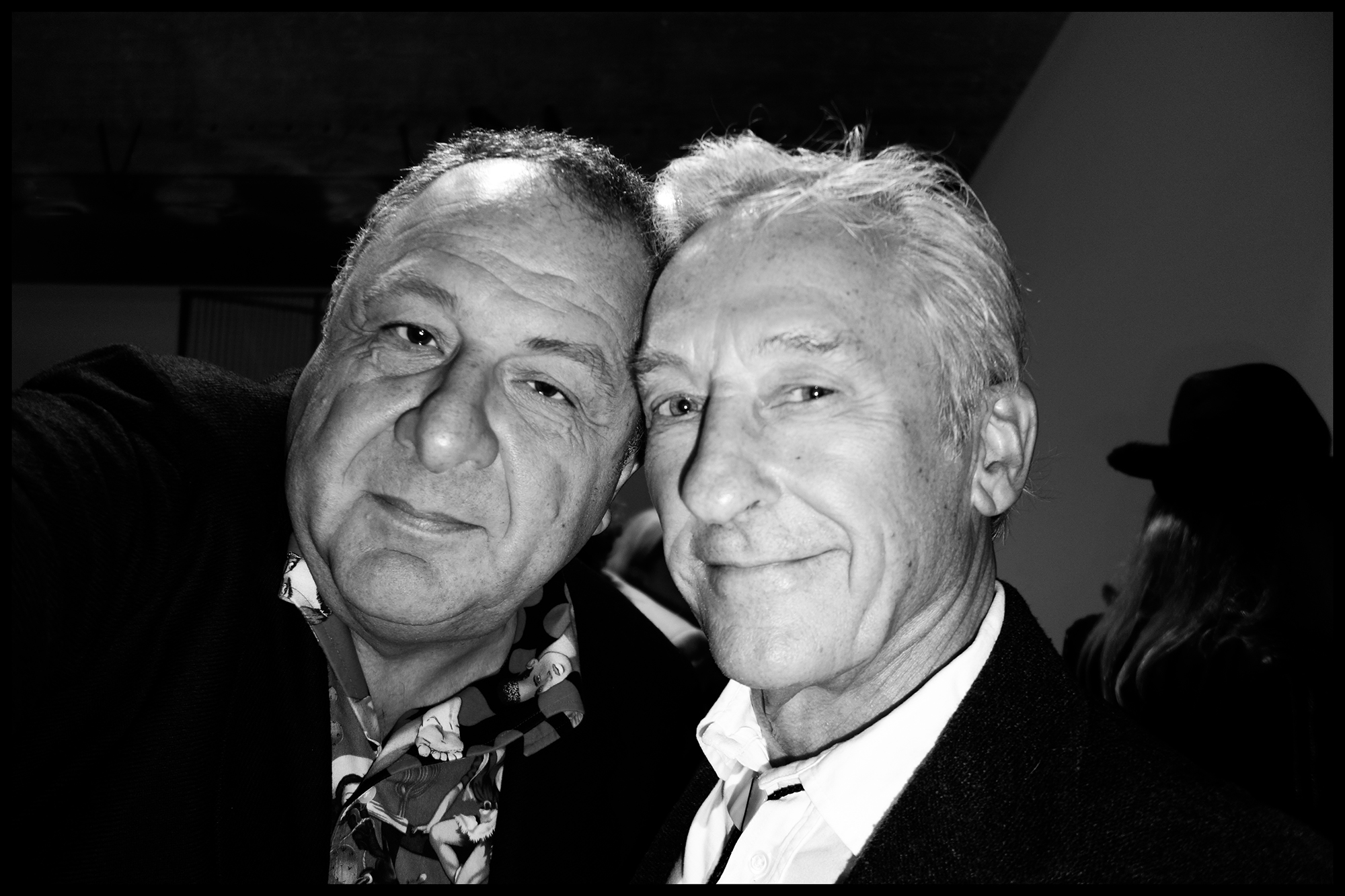
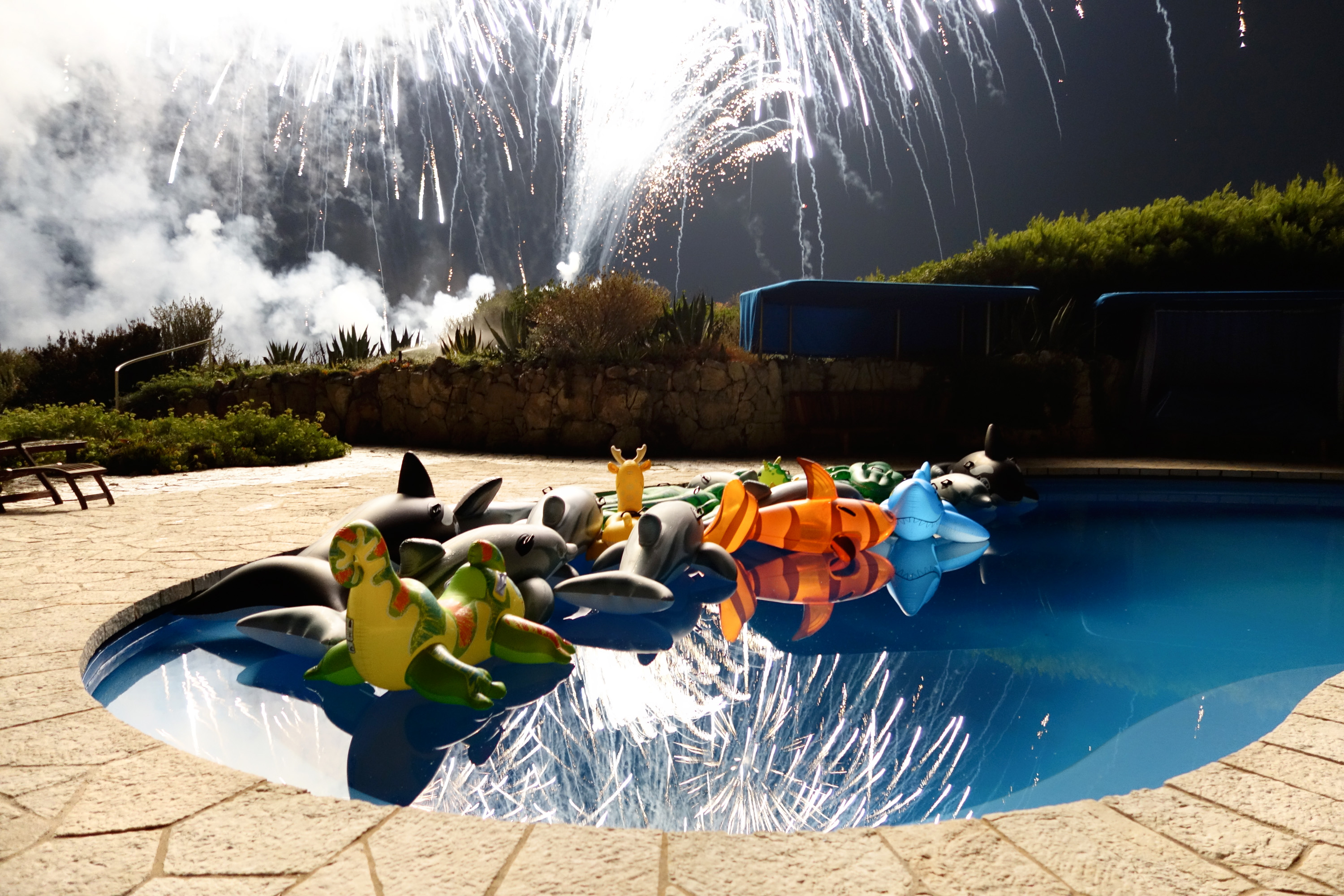
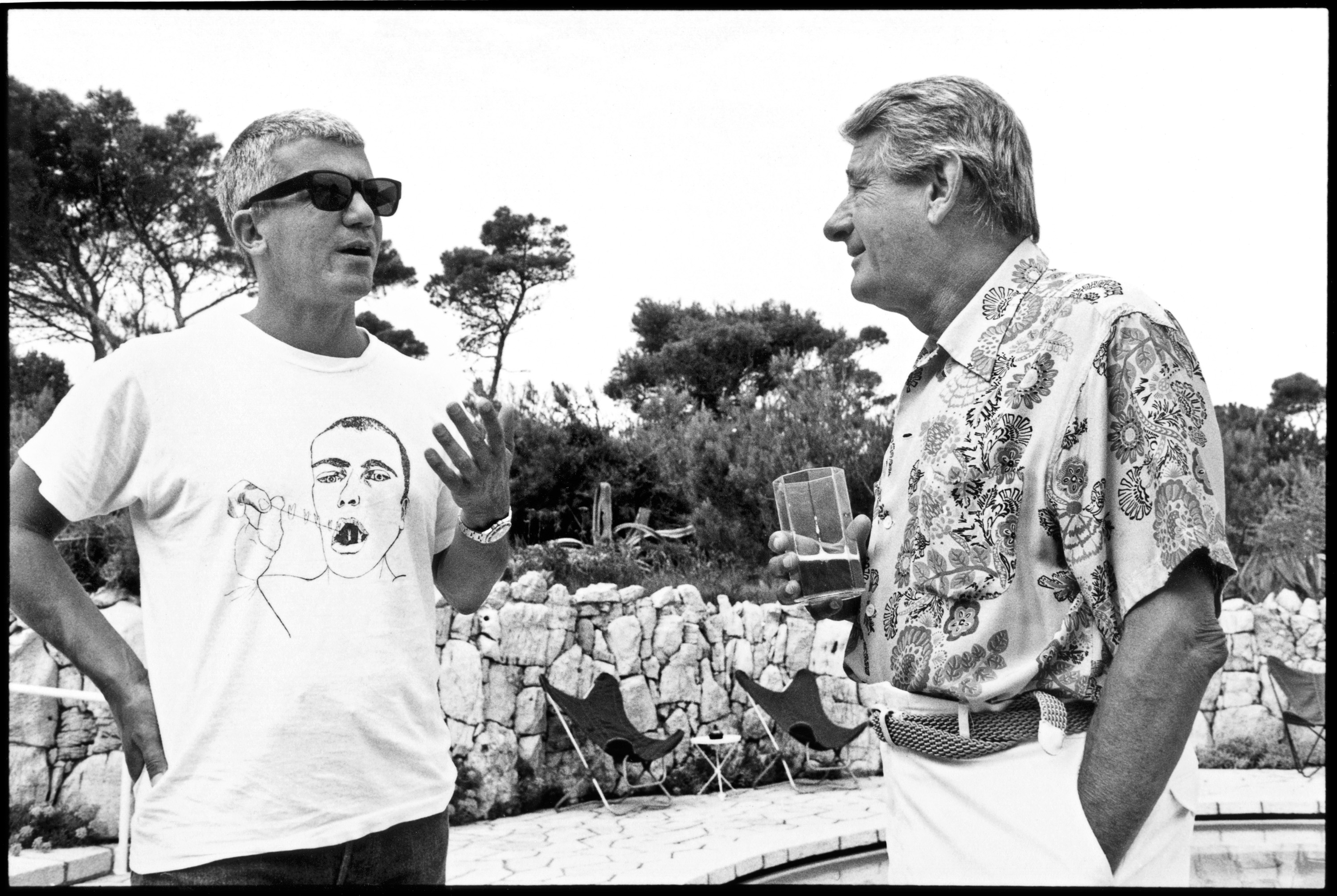
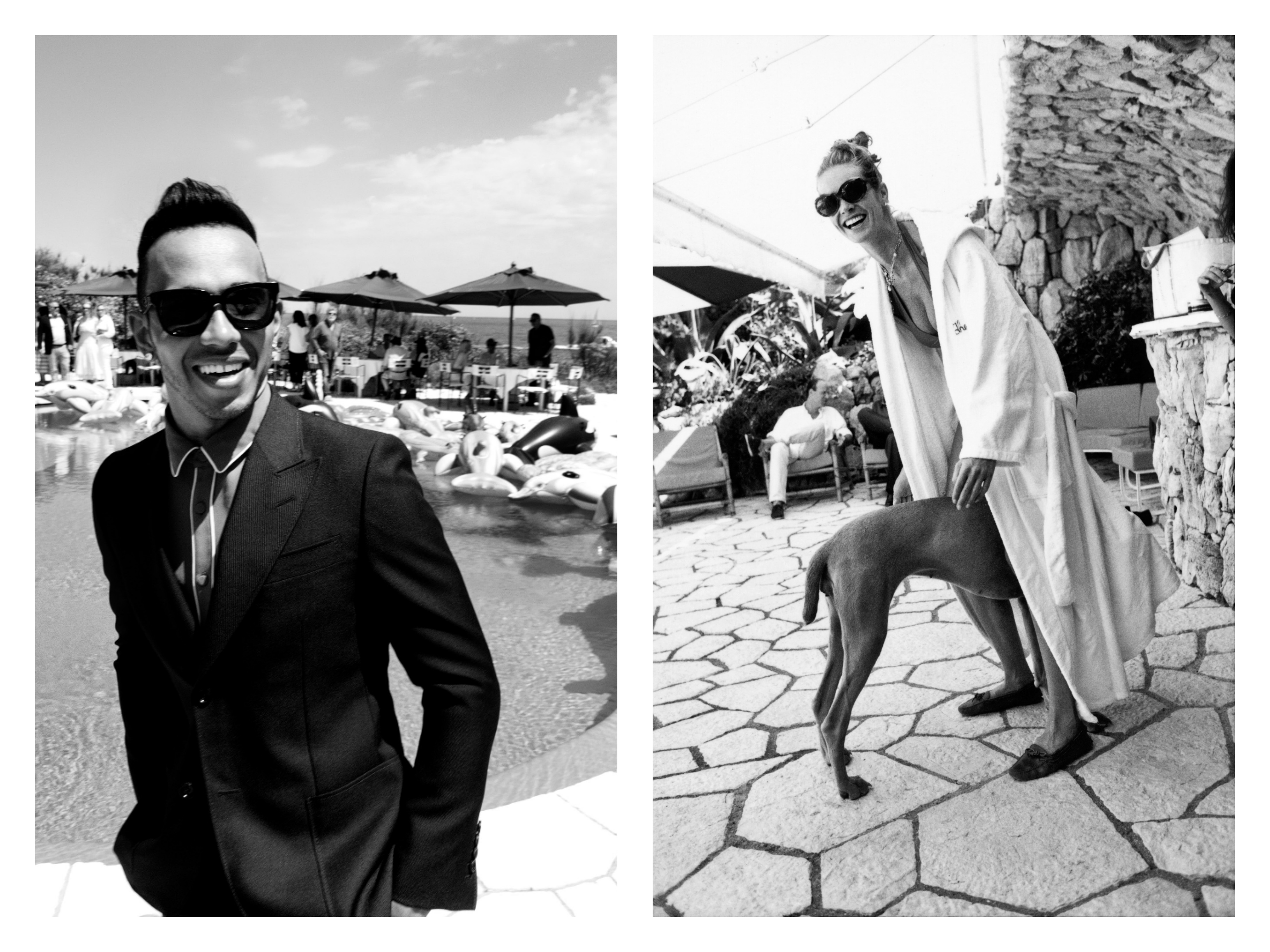
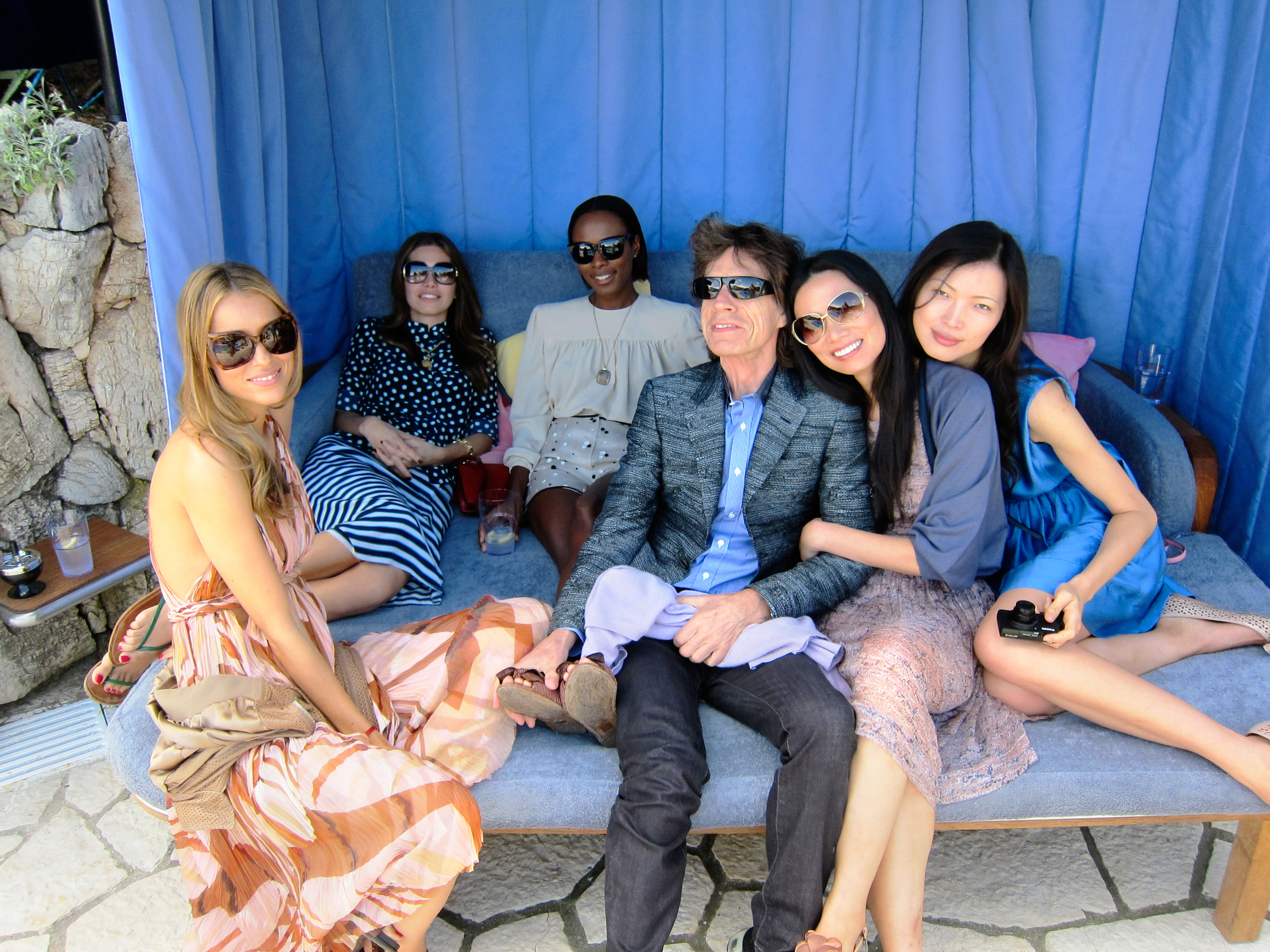
Sign up for our newsletter to get the best of VICE delivered to your inbox daily.
Follow Miss Rosen on Instagram.
This article originally appeared on VICE US.